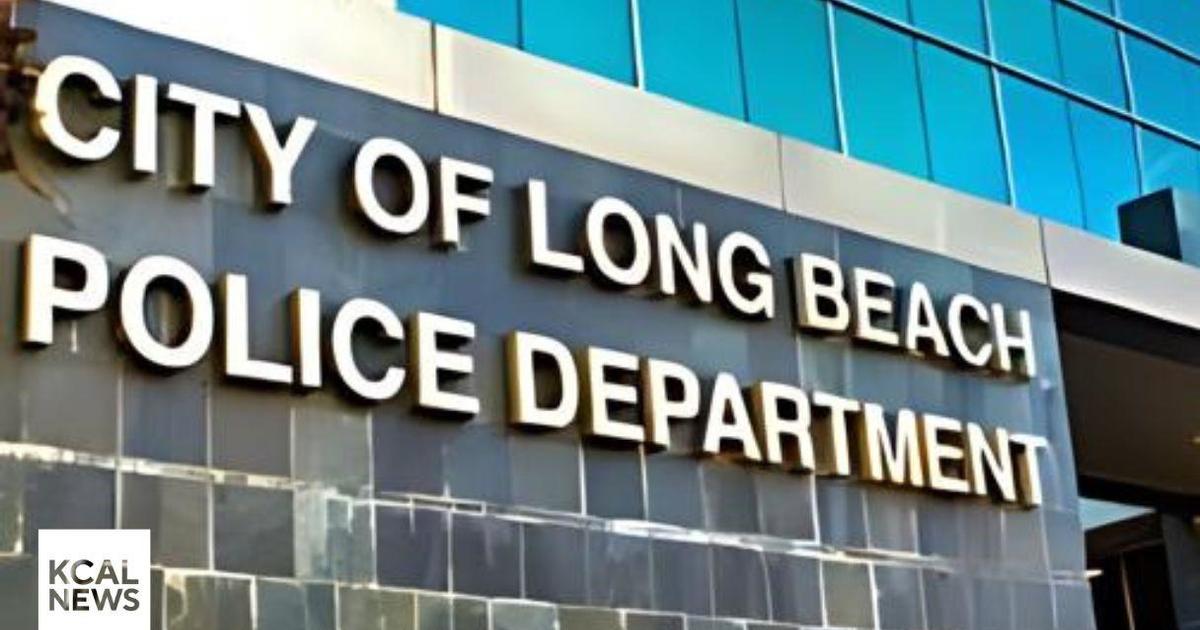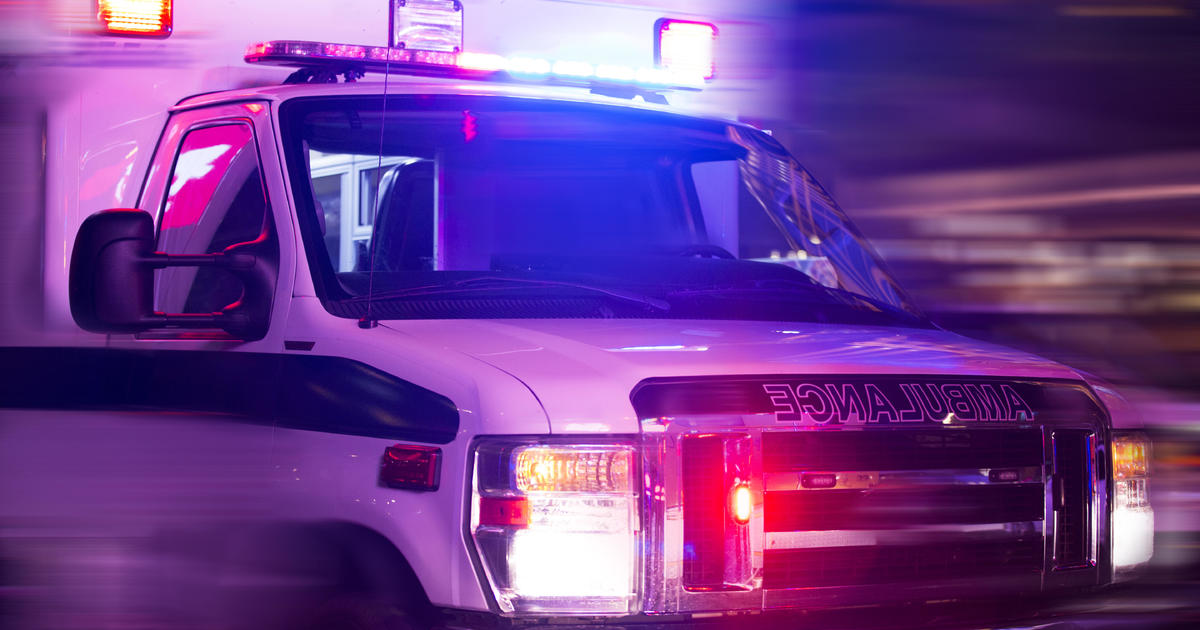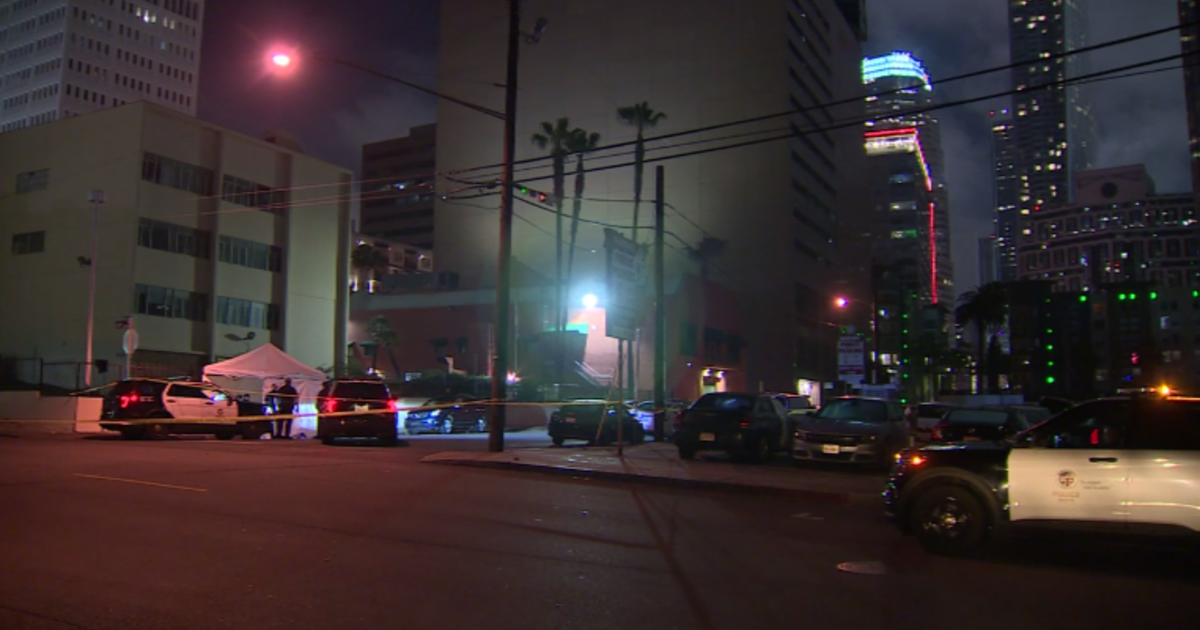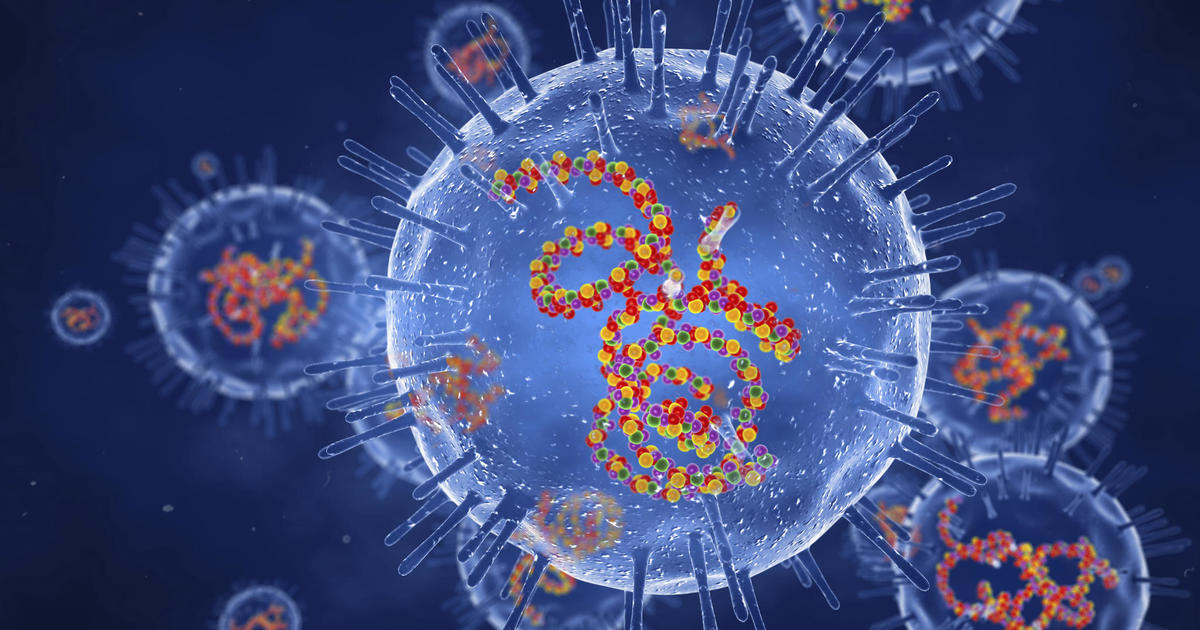Experimental Treatment At City Of Hope Could Be Cure To Type 1 Diabetes
DUARTE (CBSLA.com) — Five months after Susan Weinberg's wedding, her diabetes became so severe that even eight shots of insulin a day could not prevent a horrific car accident.
"I was lucky I didn't kill myself or kill someone else," said Weinberg. Soon, her low blood sugar episodes knocked her unconscious daily. She couldn't be left alone for years.
"I became a prisoner in my own body," she said. "I never knew when it was happening, and I was always afraid."
So afraid, she was willing to try something experimental. She became the first patient in a Type 1 diabetes clinical trial at the City of Hope National Medical Center in Duarte.
Dr. Fouad Kandeel, an endocrinologist, gave Susan two islet-cell transplants, a short outpatient procedure, similar to an organ transplant, that replaces cells inside the patient's pancreas.
"I'm very excited. This is a cure in the making," Kandeel said. "It is personalized, customized therapy for what the patient needs."
Kandeel showed CBS2/KCAL9's Erica Nochlin images of Weinberg's wild blood glucose levels before the transplant, compared with how stable they became right after.
He said the key was inside the pancreas, where cells produce insulin in healthy patients. But in diabetic patients, those islet cells die. Therefore, insulin cannot be produced.
Kendeel can now transplant those dead islet cells with new living cells, reducing Weinberg's insulin shots to zero.
"It was like freedom!" said Weinberg. "It was like I could drive a car. I could go to the market. I could sit at a park with a book and not worry I was going to be found slumped over the pages of the book."
And the results lasted longer than expected. Weinberg lived needle-free for more than 10 years.
It was just recently that she needed a new transplant. But this time, Kandeel says the experimental procedure is more advanced.
Islet-cell transplants now have an 80 percent success rate after one year and a 60 percent success rate after five years, the same results as a typical organ transplant, but without many of the complications.
Kandeel is not done yet. Soon, he said will not have to rely on donors or the limited supply of those important islet cells. Instead, he'll transform the cells right in his own lab.
"The future is to take the patient's own cells and engineer them into insulin-producing cells," something he expects to do in just a few years. He predicts it will also improved type 2 diabetes treatments as well.
"Really, the advancement is unlimited. And the future is very, very, very promising," Kandeel smiled.



